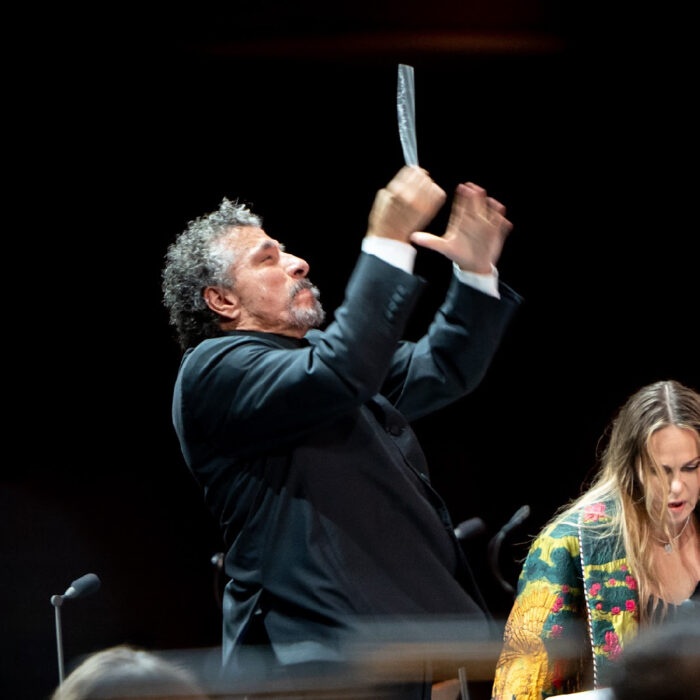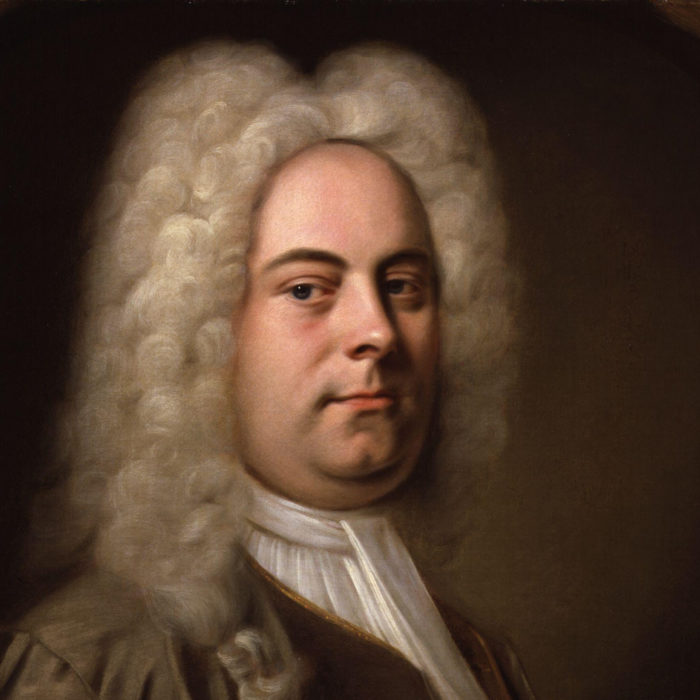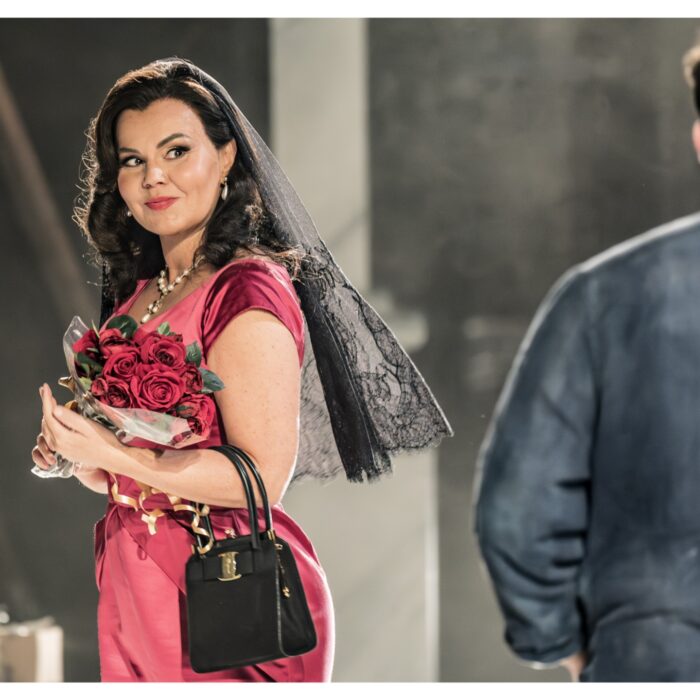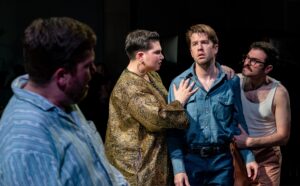
IN Series & Catapult Opera 2025 Review: St. John the Baptist
By Arnold Saltzman(Photo: Bayou Elom)
Following the invention of opera in Florence around the year 1600, its popularity spread throughout Italy. The early works of Peri, Caccini and Monteverdi offered a rebirth of Greek Drama with an attempt to find a way to understand the text through recitative and aria. These innovations made it possible to stage works whose texts could be followed, in contrast to the previous era of Polyphonic music which frequently made it difficult to have clarity of text.
The next development in opera, with Rome as its center, was religious oratorios. These were sponsored by the Papal Court, Cardinals and wealthy families. These Sacred operas were not staged, but presented as we know them as oratorios. They are the predecessors of Handel’s Messiah, Israel in Egypt, Judas Maccabaeus and Bach’s great Choral Passion Works.
Most singers have sung at least one work by Alessandro Stradella – “Pieta Signore.” It was so popular that the great cantor, Gershon Sirota, recorded it prior to his going back to Warsaw to die fighting the Nazis who destroyed the Warsaw Ghetto, where he perished.
I once visited the town of Ein Karem, a town south of Jerusalem, hilly with lush gardens, and originally the site of springs and mikvaot – ritual baths. This is the birthplace of John the Baptist, a Jewish man, perhaps named ‘Yonatan’ or as in the Koran ‘Yahya ibn Zakariya’. A revered, Jewish man, he practiced the use of ritual cleansing, and the use of Mikvah, the ritual bath.
In ancient Judaism, Talmudic Judaism, the ritual of using the Mikvah was a regular part of life. Also, for travelers to the Temple in Jerusalem, the Mikvah was required before entering the Temple grounds. Many ritual baths have been discovered in archeological digs around the Temple mount. In addition, the Mikvah, is used for choosing Judaism as part of a conversion process from any other religion or when one does not have a religious belief and then accepts Judaism as their religion. It is emotionally moving and spiritually uplifting, practiced today by all branches of Judaism.
John the Baptist, also used the the Mikvah as a way to repentance and spiritual rebirth. He was popular and gained a large following. Coming from the peaceful hills of Ein Karem in Israel, where cut stone stairways ascend into the hills, leading to peaceful gardens and stone homes. Today, these hills are where Yoga and spirituality are practiced, and music is welcome.
Stradella’s life is the life of a charlatan, more than a sinner, he takes advantage of many households, embezzles funds from the church, and seduces married women, and the daughter of a religious conservative family. Outraged, they hire a hit team to neutralize him. There are stories of other musicians with questionable lives, yet who also wrote great music.
So we begin with ‘why’ does Stradella choose St. John as the subject of an opera? Herod Antipas and his reign as King, are documented in Flavius Josephus where we can find a source which corroborates the New Testament version of the events surrounding John and his execution.
Stradella’s opera is considered to be his masterpiece of drama and music. Here, the IN Series production made the best use of excellent resources. Outstanding singers and Baroque Instrumentalists led by Timothy Nelson, the force of the InSeries productions.
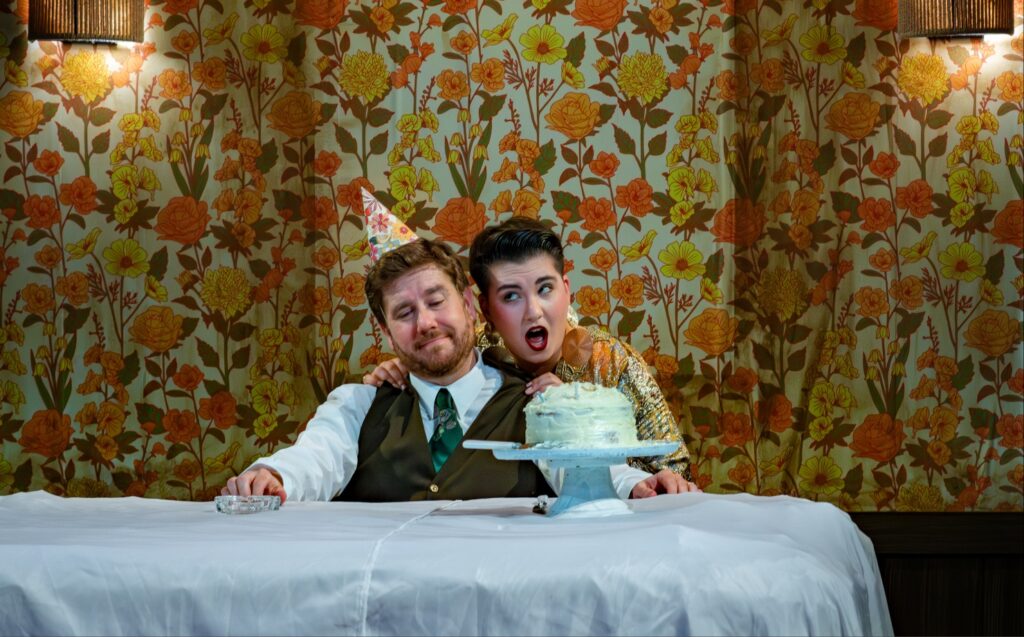
To begin with Herod Antipas, Andrew Adelsberger, bass-baritone delivered a convincing interpretation of Herod Antipas, a man who has illicit relations with family members, and who in this production has a homosexual relationship with St. John. Adelsberger’s voice is an even, solid, very resonant voice, yet never sounded overworked. I admired his velvety vocal tone quality, and he was totally prepared in his role as King or in this case King of the 1970s suburban house setting, with questionable morality in every relationship.
Daniel Moody as St. John entered wearing a cowboy hat, a reference to a recent movie. Moody’s singing was excellent and never faltered. Being a countertenor, added a spiritual dimension, nicely fulfilled, by Moody’s voice. I think it was among the most effective uses of a countertenor in an opera that I have experienced. Moody sang an effective contrast of the angelic-religious contrasted with the earthy adventures of a tyrannical ruler and his family, converted to Judaism in order to rule during the Hasmonean period.
Contemporary directors see works such as an opera as a way of projecting meaning which was not intended by the composer. Symbolically, one can project the relationship between Herod Antipas and St. John as seductive with Herod Antipas’ granting the execution wish of Salome, as a Government hiding their deeds, by burying them through destroying the evidence. We do live in such a time with innocent lives being shattered and governments hiding their deeds.
Gregory Sliskovich, who sings the tenor role of Counselor, in a brown wide lapel 1970s suit and tie, was very effective in his role as in-house advisor, seducer of Herodiade (illegal wife of Herod Antipas), never over-singing, and added much to stage production with his bright tenor.
Hayley Abramowitz, a dramatic soprano, demonstrated a consistent mood throughout. Nervously smoking a cigarette, trying to deal with her dysfunctional household, while having a relationship on the side with the King’s Counselor. Abramowitz has wonderful stage presence, adding much to the tension without breaking character. She has a remarkable voice, capable of filling the theater effortlessly.
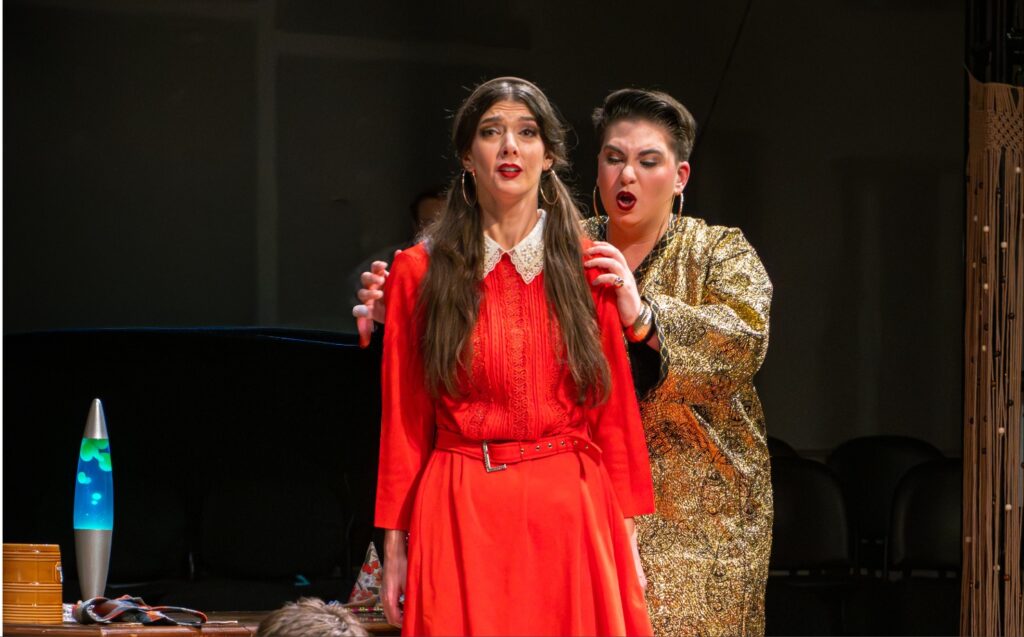
(Photo: Bayou Elom)
Dawna Rae Warren as Salome displayed a disturbed and broken young woman, who is clearly damaged by her incestuous family. An expert in Early Music vocal technique combined with a genuine soprano with great agility, she delivers the most difficult and extended baroque singing lines Stradella has composed. Dressed as a little girl she is a ‘sick girl’ whose neurosis are ever present. With regard to the direction, I thought that this role, Salome, needed more contrast than a sustained doll like quality. My opinion. Dawna Rae Warren, deliver a remarkable singing performance, with extended runs and beautifully sung the entire range of the soprano voice. Congratulations!
The entire production team created an effective 1970s setting, while the 12 piece Baroque Orchestra was energetic and supportive of the music which at times was very rhythmic and dance-like score. The question we left with was ‘why’ this work?

